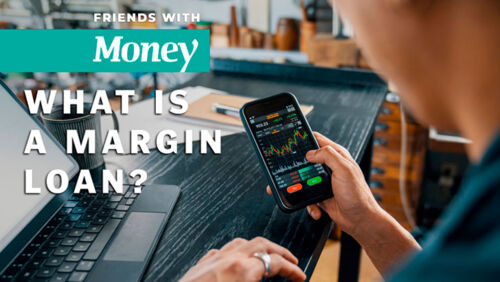The problem with IPOs being marketed to mum and dad investors
By David Thornton
This year is quickly turning into the year of the initial public offering (IPO), as companies seize on investor capital looking for a home. But investors need to tread carefully - quantity is proving to be no guarantee of quality.
"There has been an uptick in the number of lower-quality, speculative listings," says Emanuel Datt from Datt Capital.
"There's so much liquidity sloshing around that it's creating alternative asset classes, and more speculative money is finding its way into the small end of town."
The speculative surrounding IPOs isn't a new trend. According to Vanguard, by November last year, only 20% of companies that floated in 2020 were trading above their opening day closing price.
Traditionally, big IPOs were only served up to so-called sophisticated, high net-worth investors. But Datt says that everyday mum and dad investors are now in the IPO crosshairs.
"These IPOs are being marketed to unsophisticated investors through corporate advisers."
Companies always sell their own book, but those looking to list tend to draw particularly long bows.
"There are pretty big claims being attached to some of these new, unproven technologies," says Datt.
Datt points to the large number of biotechnology companies raising cash from unsophisticated investors.
Biotechnology is an inherently risky industry in large part because few people understand it.
And these are failures by companies full of very smart people with subject knowledge far beyond what the average investor can realistically comprehend.
"In my office, people look at me and think I'm from a different planet," says Bianca Ogden, portfolio manager of the Platinum International Health Care Fund who also holds a PhD in Virology.
These companies succeed and fail on the back of clinical trials. There's drug discovery, clinical-stage design, three phases of trials, approval by the pharmaceutical regulator, manufacture, and finally distribution. Only if all these boxes are ticked can a company generate organic returns.
"The people in charge of biotech companies often have a scientific background and the jargon that comes with it, and that's foreign to regular investors."
Mesoblast is an example of a biotechnology company that made it to market, with great hype, before succumbing to the fate so many of its industry peers share.
"Companies like Mesoblast (ASX: MSB) have kicked the can down the road for a decade, literally raising hundreds of millions in investors capital and they're yet to have a commercial product," says Datt.
But IPO risk isn't reserved to Biotech only; it pervades through the entire IPO market.
Youfoodz (ASX: YFZ), a food delivery service, raised $70 million to list at $1.50. It now trades at $0.73.
"That's even after the once in a generation COVID bump, where people were ordering home-delivered food due to lockdown and working from home," says Datt.
Then there's unsecured personal loan provider Harmoney (ASX: HMY), which raised more than $90 million to list at $3.50 but is now trading at $2.10.
Get stories like this in our newsletters.



